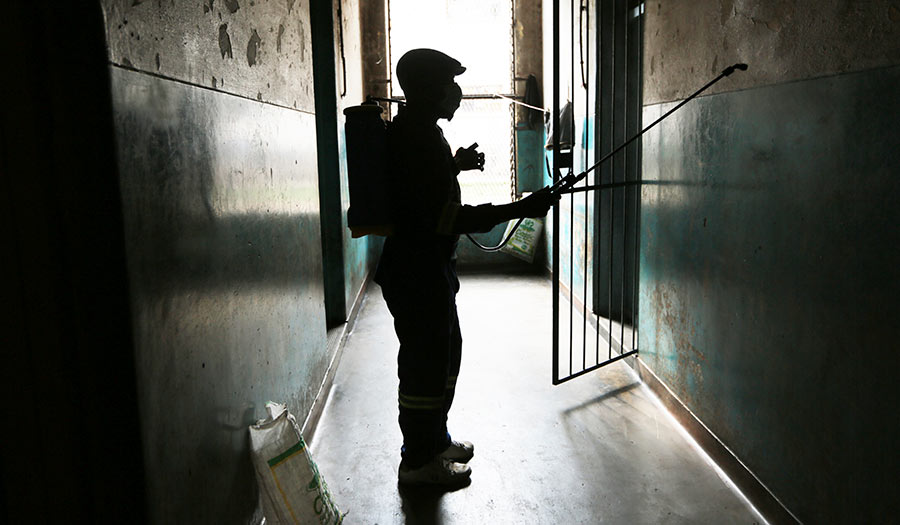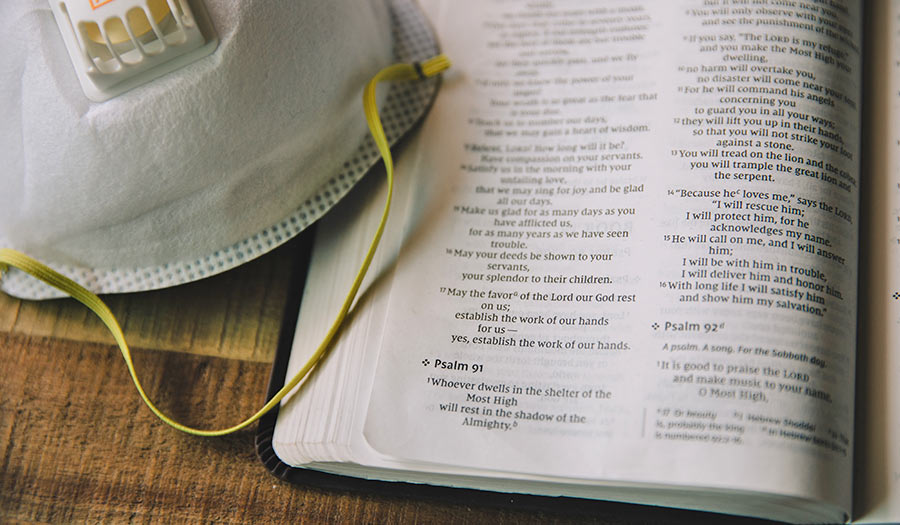 AP/Tsvangirayi Mukwazhi
AP/Tsvangirayi Mukwazhi
World News Desk
Learn the why behind the headlines.
Subscribe to the Real Truth for FREE news and analysis.
Subscribe NowGENEVA (AP) – The World Health Organization warned Monday that the global risk from the omicron variant is “very high” based on the early evidence, saying the mutated coronavirus could lead to surges with “severe consequences.”
The assessment from the UN health agency, contained in a technical paper issued to member states, amounted to WHO’s strongest, most explicit warning yet about the new version that was first identified days ago by researchers in South Africa.
It came as a widening circle of countries around the world reported cases of the variant and moved to slam their doors in an act-now-ask-questions-later approach while scientists race to figure out just how dangerous the mutant version might be.
Japan announced it is barring entry to all foreign visitors, joining Israel in doing so. Morocco banned all incoming flights. Other countries, including the U.S. and members of the European Union, have moved to prohibit travelers arriving from southern Africa.
WHO said there are “considerable uncertainties” about the omicron variant. But it said preliminary evidence raises the possibility that the variant has mutations that could help it both evade an immune-system response and boost its ability to spread from one person to another.
“Depending on these characteristics, there could be future surges of COVID-19, which could have severe consequences, depending on a number of factors, including where surges may take place,” it added. “The overall global risk…is assessed as very high.”
The WHO stressed that while scientists are hunting evidence to better understand this variant, countries should accelerate vaccinations as quickly as possible.
While no deaths linked to omicron have been reported so far, little is known for certain about the variant, including whether it is more contagious, more likely to cause serious illness or more able to evade vaccines. Last week, a WHO advisory panel said it might be more likely to re-infect people who have already had a bout with COVID-19.
The omicron infections have underscored the difficulty in keeping the virus in check in a globalized world of jet travel and open borders. Yet many countries are trying to do just that, against the urging of the WHO, which noted that border closings often have limited effect and can wreak havoc on lives and livelihoods.
Some have argued that such restrictions can buy valuable time to analyze the new variant.
While the initial global response to COVID-19 was criticized as slow and haphazard, the reaction to the omicron variant came quickly.
“This time the world showed it is learning,” said EU Commission President Ursula von der Leyen, singling out South African President Cyril Ramaphosa for praise. “South Africa’s analytic work and transparency and sharing its results was indispensable in allowing a swift global response.”
Despite the global worry, doctors in South Africa are reporting patients are suffering mostly mild symptoms so far. But they warn that it is early. Also, most of the new cases are in people in their 20s and 30s, who generally do not get as sick from COVID-19 as older patients.
- Real Truth Magazine Articles
- RELIGION
 COVID-19: A Divine Message?
COVID-19: A Divine Message?


